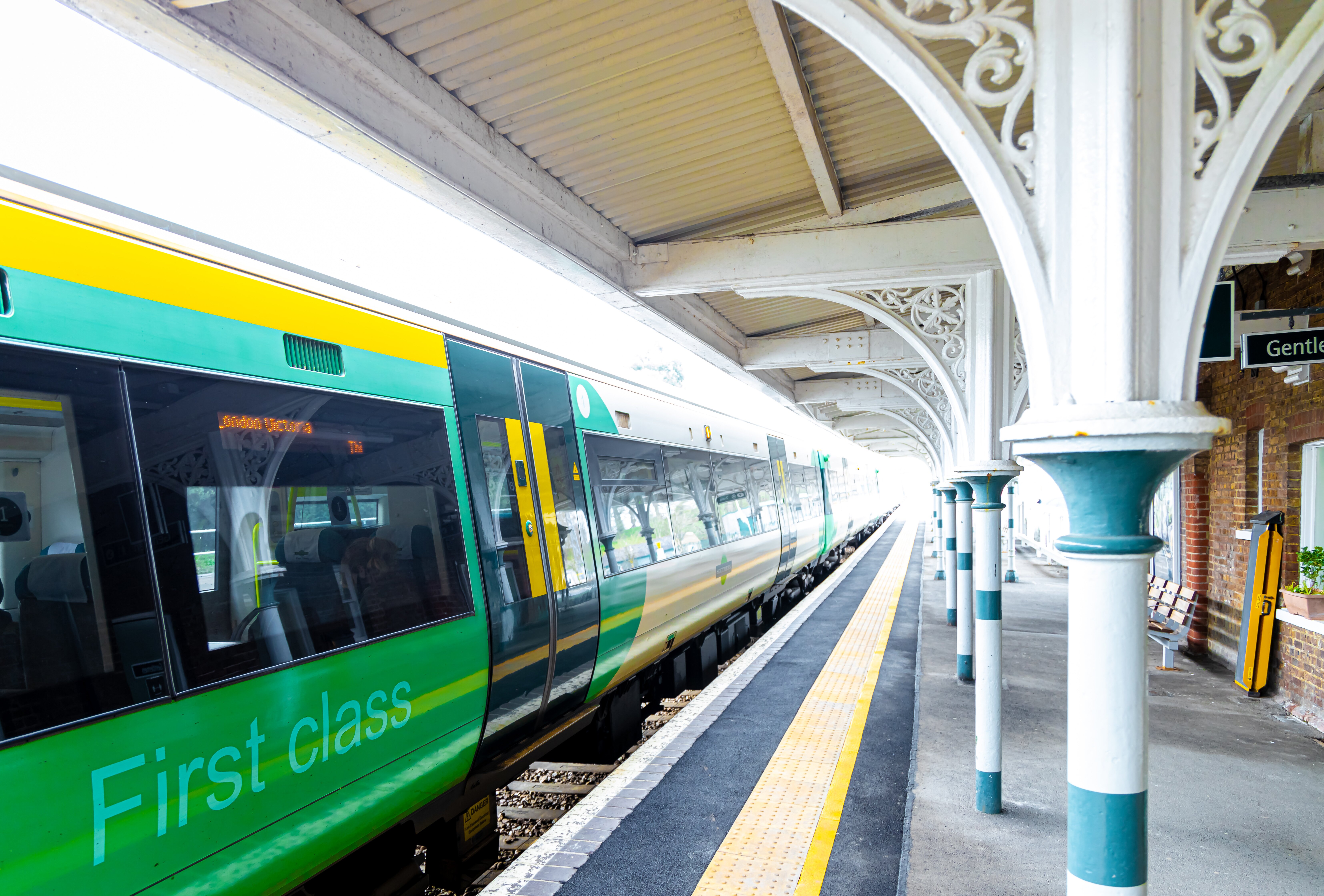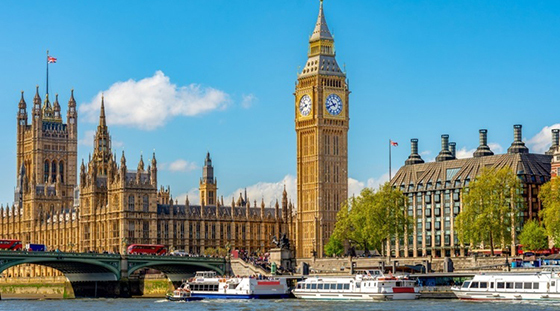Train strikes announced for September
ASLEF, the train drivers’ union, has announced a fresh wave of strikes on 1-2 September, marking its 11th one-day strike over a 15-month dispute.
The industrial action will force 16 train companies, including Avanti West Coast, Chiltern Railways and LNER, to cancel all services across the country.
It will also impose an overtime ban that will “seriously disrupt the network” due to a lack of drivers in privatised train operating companies.
Mick Whelan, general secretary of ASLEF, said: “We don’t want to take this action but the train companies and the government, which stands behind them, have forced us into this place because they refuse to sit down and talk to us and have not made a fair and sensible pay offer to train drivers who have not had one for four years – since 2019 – while prices have soared in that time by more than 12%.”
It comes after 20,000 railway workers walked out on 20, 22 and 29 July after train operators failed to make a new pay offer.
UKHospitality estimated the cumulative effect of the series of strikes between last autumn and earlier this spring cost the sector £3.25b.
Kate Nicholls, chief executive of UKHospitality, has urged the unions and train companies involved to conduct "constructive discussions to reach an agreement".
The 16 companies affected by the ASLEF strikes are: Avanti West Coast; Chiltern Railways; c2c; CrossCountry; East Midlands Railway; Greater Anglia; GTR Great Northern Thameslink; Great Western Railway; Island Line; LNER; Northern Trains; Southeastern; Southern/Gatwick Express; South Western Railway; TransPennine Express; and West Midlands Trains.
















